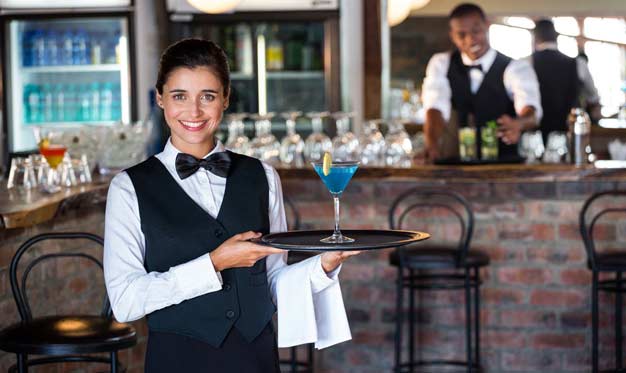
- Featured
- Combo Packages
- 10% OFF SALE
Featured: Alcohol Seller-Server Training
- Arizona Title 4 Basic – $15.95
- Arizona Title 4 Manager – $35.00
- Arkansas Alcohol Seller-Server – $7.50
- California RBS & Winery Training – $12.50
- Hawaii Alcohol Seller-Sever - $7.50
- Illinois BASSET Certification – $13.95
- Louisiana Responsible Vendor – $9.75
- Nevada Alcohol Seller-Server – $7.50
- New York ATAP Training – $14.95
- Ohio Alcohol Seller-Sever - $7.50
- Texas TABC Certification – $10.99
- Utah EASY Certification – $15.95
Packages: Alcohol Server & Food Handler Training
- Arizona Title 4 Basic & Food Handler – $15.95
- Arizona Title 4 Manager & Food Handler – $35.00
- California Alcohol Server & Food Handler - $18.50
- Florida Responsible Vendor & Food Handler - $19.45
- Illinois BASSET & Food Handler - $19.99
- Louisiana RVP & Food Handler - $15.75
- Nevada Alcohol Server & Food Handler - $29.95
- Nevada Alcohol Server & CFM Exam - $74.95
- New York ATAP & Food Handler - $18.95
- Texas TABC Certification & Food Handler - $16.99
- Virginia Alcohol Server & Food Handler - $12.95

Why is alcohol seller server training important?
Most states across the U.S. require a license before a person can sell or serve alcohol. Before you can acquire your alcohol serving permit, you must take the required alcoholic beverage or bartending training.
Alcohol Seller-Server training instructs employees in establishments that sell and serve alcohol in bars, restaurants, hotels, taverns, night clubs, and banquet halls: bartenders, bar backs, servers, managers, security personnel and bouncers.
Alcohol Seller-Server training also mitigates liability during a lawsuit involving intoxication by providing evidence of intent on the part of the establishment that serves and sells alcoholic beverages – a “reasonable efforts defense” – or Safe Harbor. State Map
What is Responsible Beverage Service (RBS) training?
Responsible beverage service (RBS) training programs give owners, managers, and staff of establishments that serve alcohol knowledge and skills to help them serve alcohol responsibly and fulfill the legal requirements of alcohol service.
RBS training is a community-based approach to promote public safety and to reduce risks associated with the retail alcohol environment. RBS has three essential elements:
- the adoption of alcohol-service policy for ABC-licensed establishments;
- the providing of server education and guidance; and
- the development of partnerships between law enforcement, local government and community groups.
Generally, anyone who wants to be a bartender must take the required alcohol seller-server training or a bartending certification training program. These programs cover all topics needed to be a certified bartender alcohol server.
Responsible beverage service (RBS) alcohol training general topics include:
- Checking IDs to recognize minors;
- Service practices that reduce the likelihood of excessive consumption;
- Identifying and responding to early signs of excessive consumption (e.g., rapid consumption);
- Identifying intoxicated patrons and refusing service to them;
- Intervening to prevent intoxicated patrons from driving;
- Protecting establishment and self from liability.
